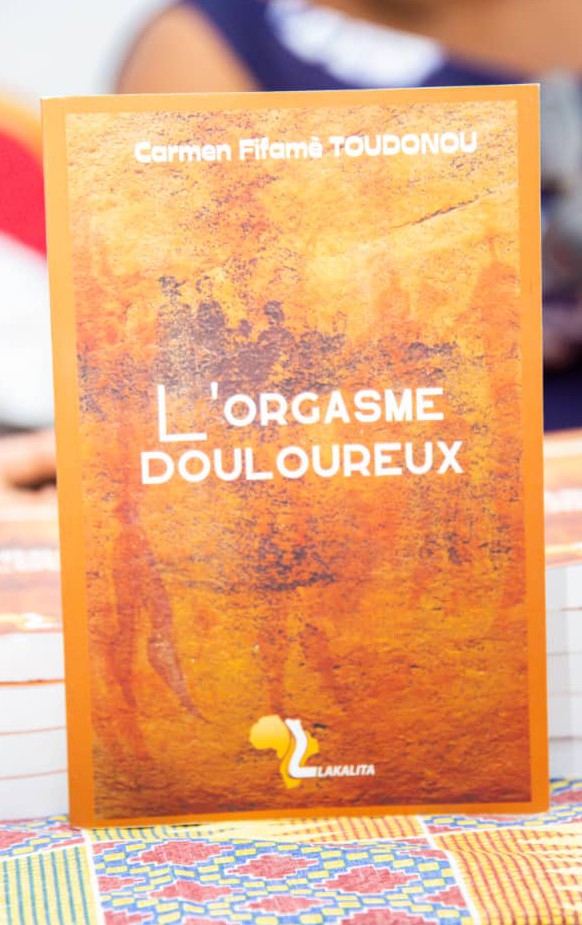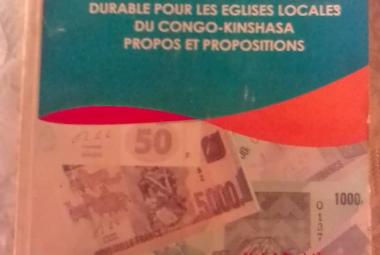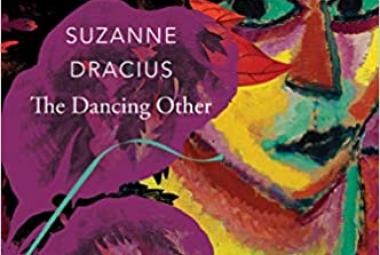The novel The Painful Orgasm is a political satire that paints, under the disguise of a saucy remark, the decrepitude of Africa under the reign of dictatorships. It is a novel that also criticizes our societies, where generally the unbridled search for sexual pleasures sometimes seems to take precedence over the promotion of the well-being of populations. The novel therefore makes this social criticism of an Africa obsessed with orgasm instead of seeking to hold certain leaders to account, sometimes, who do a little too much, who exaggerate on one point or another.
The story takes place in an imaginary country, Pomorie, where a leader called President-King reigns supreme. His political doctrine, Orgasmic Socialism, allows him to subjugate his people, ensuring that every Pomorian and every Pomorian has regular orgasms. He himself sets the example, since he is at the head of a harem of more than 100 wives. He considers that political opponents are simply people incapable of having orgasms, and ensures that they can now have them, by "straightening" them, go ahead and understand something...
The Pomorie subsoil is rich in diamonds. So, instead of ensuring the judicious exploitation of this manna, the President-King exports the rough stones, and the profit from this trade belongs solely to him, his relatives in power, his political family, while the economic situation does not keep deteriorating in the country. The situation of Pomorie becomes dramatic when the President-King, having become paranoid, begins a purge within the very apparatus of the State, putting to arms all the people he suspects of plotting against him, with or without proof, often without proof.
So much for the fable. Now, I'm going to tell you a few things that struck me when reading this work. First, there is the irony. I think that the author of The painful orgasm needed a humorous and diverted language to denounce what could be called the sum of all African dictatorships. Thus, when the narrator glorifies the President-King and castigates the opponents, when he acclaims the dictatorship and condemns democracy, it is only the opposite that he wants to express. When he says: “And this poor president king so innocent who does not want to perpetuate himself in power, and that the people force to stay. is not what he thinks. I perceived a constant search for the smile, even the laughter of the reader. I couldn't stop giggling as I read. In fact, the author seems to say: “these facts that have happened, that are happening in Africa are so sad and so burlesque, that it is better to laugh about them, rather than cry about them."
What is still striking in the story is the realism with which the spatiotemporal setting and the key characters are described. It is not a question of describing for the sake of describing. The dialogues also evolve in well-chosen and described contexts that allow the reader to clearly visualize the characters and live their adventures. The details that dot the novel create an effect of reality that gives the impression that the story told really took place and that it was experienced by the author.
Finally, I want to mention the use of neologisms which give the impression that the narrator is having fun with the reader: we feel that we know these countries, these names, these places which are mentioned, but there are substitutions of letters : France becomes Frane, Paris becomes Karis, Bintou is Blintou in the novel… Also, the author uses a lot of euphemisms. She thus speaks of men “soft where it should not be” or of women “dry where it should not be”. One wonders why the narrator who does not hesitate to say "painful orgasm" can no longer call a spade a spade... The answer is simple: the word "orgasm" is used "symbolically".
In reality, as I said, when you start a novel called The Painful Orgasm, you necessarily undertake a quest which is to know how an orgasm can be painful. Admittedly, there is in the novel a very illustrative passage of this oxymoron, but what must be understood above all is that the word "orgasm" is used symbolically: it is the symbol of submission to the dictatorship; having an orgasm is throwing in the towel. To resist orgasm is to resist dictatorship. This is why to redress the opponents, the strategy of the President-King is to ensure their orgasm. So, in this context, imagine a determined opponent who resists orgasm and is tortured until he achieves that orgasm. Obviously, we can only speak of a painful orgasm in this case. But the orgasm also symbolizes the diversion of the people so that they are not interested in politics. It is the same as the gladiator fights that the Roman emperors offered to the people to entertain them and keep them away from the management of the state.
Despite its title, which is reminiscent of an erotic novel, The Sorrowful Orgasm is a political satire that keeps anyone who opens it awake at night; It's a political novel that keeps the reader in suspense from beginning to end. The author had warned from the start: "You have to penetrate before going deeper into this story". Symbolically already, we see that the story itself, if it is penetrated and traversed in depth, could only provide an orgasmic pleasure of a textual nature.
Thus, while the Pomorians indulge in the pleasure of sex, the author, for her part, offers the reader a pleasure from the text that I do not hesitate to recommend, and that I guarantee, "painless".
By Serge-Félix N’Piénikoua

Biographical note: Carmen Fifamè Toudonou was born on July 22, 1981. She holds a Doctorate and a Diploma of advanced studies in Language and Communication sciences obtained respectively in 2023 and 2015. In 2012, she supports a Master of Arts in Communication option Journalism and Media at Madison International Research Learning Institute. In 2007, she completed a degree in journalism at the International School of Technical Education in Cotonou. Also holder of a diploma of Higher Technician in business management obtained at the Institute for Development Education in Porto-Novo, she previously carried out scientific studies, having resulted in obtaining a Baccalaureate in 1999 C series.
She is a Parliamentary administrator, serving in the National Assembly of Benin Republic. Currently in the position of Deputy Director of the Parliamentary Institute of Benin Republic, she is also the gender focal point of the National Assembly, and as such, Head of the technical secretariat of the Gender Focal Unit of the National Assembly.
Former journalist on the National radio of Benin Republic, presenter of the television news, still at the ORTB, she directed, among other things, the regional branch of the ORTB in Porto-Novo. She was also head of the Communication service at the National Assembly, then head of the project to create parliamentary television and head of the television service.
She is the author of seven scientific articles and ten books published in different literary genres. She has coordinated important collective works including two collective collections of women of the world. She has participated in many scientific conferences. Apart from literature, she is passionate about cinema (she made a short film and wrote two others).
Member of the permanent commission "Communication, art and culture" of the National Academy of Sciences, Arts and Letters of Benin Republic, Carmen Fifamè Toudonou directs the editions Vénus d'Ebène in Cotonou. Since 2016, she has organized a competition to encourage young girls to read and write in Africa, which is called Miss Literature. She animates the Blog "lebloglitterairedecarmen" on Wordpress, and is a lecturer in universities.
Literary publications
- Presqu’une vie, roman, Editions Plume soleil, Cotonou, 2014, 205p.
- Noire Vénus, poésie, Editions Flamboyant, Cotonou, 2015, 95p.
- Le vert, le rouge et le noir, essai, Editions Vénus d’Ébène, Cotonou, 2017, 130p.
- Des grades et des couleurs, essai, Editions Universitaires Européennes, Paris, 2018, 92p.
- Le lionceau et le papillon, jeunesse, Editions Vénus d’Ébène, Cotonou, 2018, 50p.
- Carmen Fifonsi Aboki (CFA), nouvelles, Editions Vénus d’Ébène et BOD, Cotonou & Paris, 2018, 252p.
- Tant de gens espèrent être aimés et beaucoup ne sont que mariés, roman, Editions Vénus d’Ébène, Cotonou, 2020, 130p.
- L’odyssée vodou, roman, Editions Afridic, Paris, 2020, 240p.
- D’une œuvre à l’autre, essai, Editions Vénus d’Ébène, Cotonou, 2022, 250p.
- L’orgasme douloureux, roman, Editions Lakalita, Burkina Faso, 2022, 222p.




















